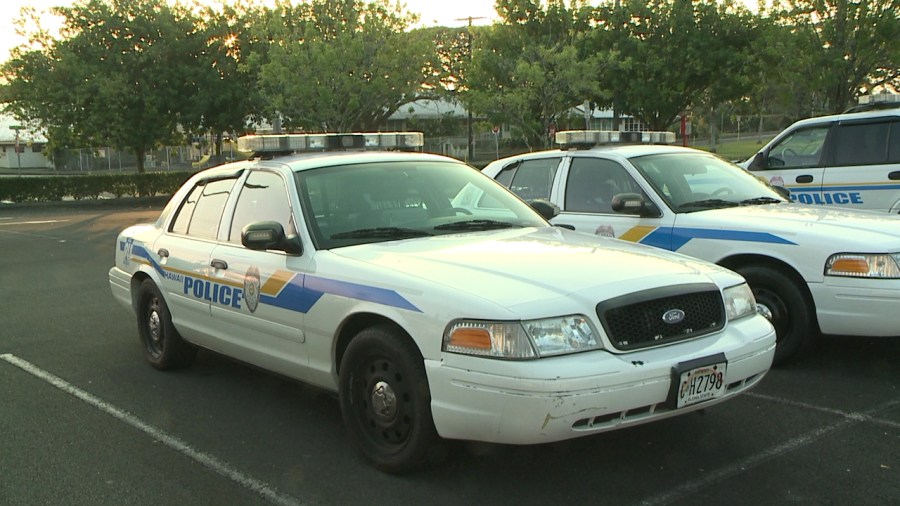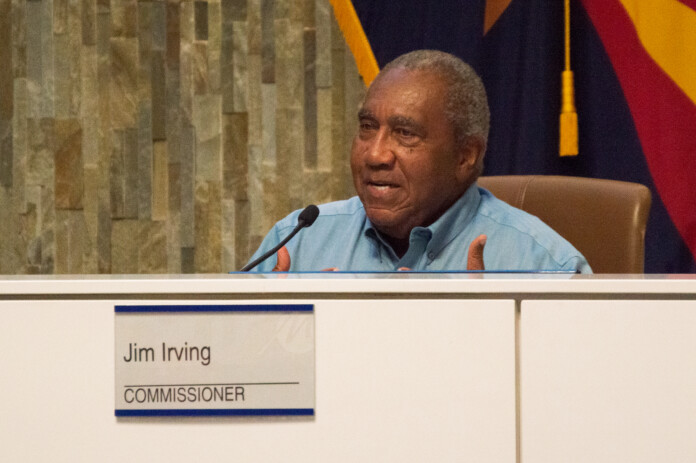On an icy, hard-to-find back road near Shediac sits a monument to what might have been, at least according to Jonathan Wilson: a massive cannabis production plant providing local product and local jobs.
It never got there.
Wilson is the CEO of Crystal Cure, a Japanese-owned cannabis company and one of many that sprang up in the wake of the federal government’s legalization of the drug in 2018.
Six years later, he closed a scaled-down version of the 5,800-square-metre plant, frustrated by government taxation and pricing that he said are choking the nascent industry to death.
“There was absolutely no sign that there was going to be any reform, any help at all,” Wilson said in an interview.
“We just couldn’t get to a point where you’re able to make money.”
Initially, construction problems and other challenges forced Crystal Cure to operate a smaller production plant within the partially built one — and it seemed to work.
The company had sales in several provinces and operated a retail store at the facility that was popular with buyers wanting to avoid government-owned stores — people who might otherwise have bought cannabis illegally.
But a crushing excise tax and aggressive price markups by the provincially owned Cannabis N.B. stores squeezed Crystal Cure to the breaking point, Wilson said.
He shut down last August.
Six years after legalization, CEO of a shuttered New Brunswick plant says the financial model for cannabis is broken.
The excise tax, agreed to by Ottawa and the provinces when cannabis was legalized, is either 10 per cent of a sale or $1 per gram — whichever is higher.
In practice, the latter rate always applies, and Wilson says it gobbled up 35 per cent of the company’s revenues, on top of sales tax, regulatory fees and other costs.
Wilson is not alone, according to Harrison Jordan, a Toronto lawyer specializing in controlled substances such as cannabis, alcohol and tobacco.
“There’s many issues facing the industry,” he said. “Excise is not the only one, but it is a significant one.”
Wilson estimates the excise tax on cannabis is nine times higher than the equivalent tax on wine and six times higher than that on beer.
In a 2023 report, the Competition Bureau of Canada said cannabis producers consider the excise tax “a major barrier to competition … [that] makes profitability and viability in the industry very challenging.”
Under the federal-provincial agreement, the provinces get three-quarters of the excise tax revenue.
For New Brunswick, that meant $14.1 million in revenue last year.
But that amount was eclipsed by the $22.7 million collected via the second financial measure that frustrates Wilson: the markup on prices by Cannabis N.B., the government-owned chain of retail stores.
Using the federal access to information law, Wilson obtained a September 2023 briefing note to then-finance minister Chrystia Freeland that said markups were causing producers “financial distress” and had gone “beyond what was envisioned” in 2018.
“It remains the case that after five years of legalization, there are no licensed producers of legal cannabis products that are consistently profitable,” the briefing note said.
It explained that under the original federal-provincial agreements, markups were intended to be “reasonable and only cover operating costs and capital expenses, and to generate a normal rate of return” comparable to the private sector.
The document singles out Ontario, Quebec and New Brunswick for markups so high, their store profits are higher than their excise tax revenue.
Wilson said Crystal Cure’s contract with Cannabis N.B. prevents him from revealing what Cannabis N.B. paid Crystal Cure for its products and what the markup was.
But he said the company was paid 40 per cent less in New Brunswick than it was by retail stores in Nova Scotia and Prince Edward Island, because those provinces charge lower markups and can pass on more of the final price to producers.
When the New Brunswick government announced in 2017 that N.B. Liquor would operate cannabis retail stores in the province, CEO Brian Harriman said the priority was not profits but keeping cannabis away from children and undercutting the illegal market.
But an April 2023 mandate letter from the previous provincial Progressive Conservative government — also obtained by Wilson — directed Cannabis N.B. to “maximize profits and net income to the province.”
Wilson says that’s at odds with Ottawa’s original intent — to keep the price as low as possible to lure customers away from the illegal market.
“I think a lot of people missed that the federal government’s goal the entire time was really never about revenue generation,” said David Brown, a British Columbia journalist who covers the cannabis industry. “It was about protecting public health and public safety.”
He said illegal dispensaries began to decline after legalization, but there’s anecdotal evidence they are “starting to ramp up again,” including on First Nation reserves, where they operate in a legal grey area.
“Price is obviously a big part of why they’re able to come back,” he said.

The federal Finance Department turned down an interview request but said in a written statement that it “has closely followed the evolution of the legal cannabis market” to ensure the goals of legalization are being met.
“As part of that work, the government continuously reviews the taxation framework to ensure it is as fair, effective, and current as possible.”
The statement noted that the market share for legal cannabis is now 70 per cent.
Wilson says that figure is hardly a success.
“If you’re six years in and we still have an illicit market that has 30 per cent penetration — or more, because we don’t know exactly how deep it is — that’s unacceptable. Completely unacceptable.”
He said the federal government and the provinces should agree to reduce markups or to rework the taxation agreements so the excise tax is always 10 per cent of sales.
The New Brunswick Finance Department referred questions from CBC News to Cannabis N.B., which did not respond.
Wilson said the new Holt government has been unresponsive.
“Everything we’ve brought forward with data and facts and logic has just been either ignored or dismissed really quickly,” he said.
He called the situation a lost opportunity.
“I struggle with the fact — not about our individual business — that we have a struggling economy, that we’re talking about crime and public health, and you have an industry already there, ready, willing and able to help,” he said.
“And no one seems to want to give them the time of day. That’s the part that’s most disappointing to me.”
#Excise #tax #store #markups #crushing #cannabis #industry #producer











Leave a Reply